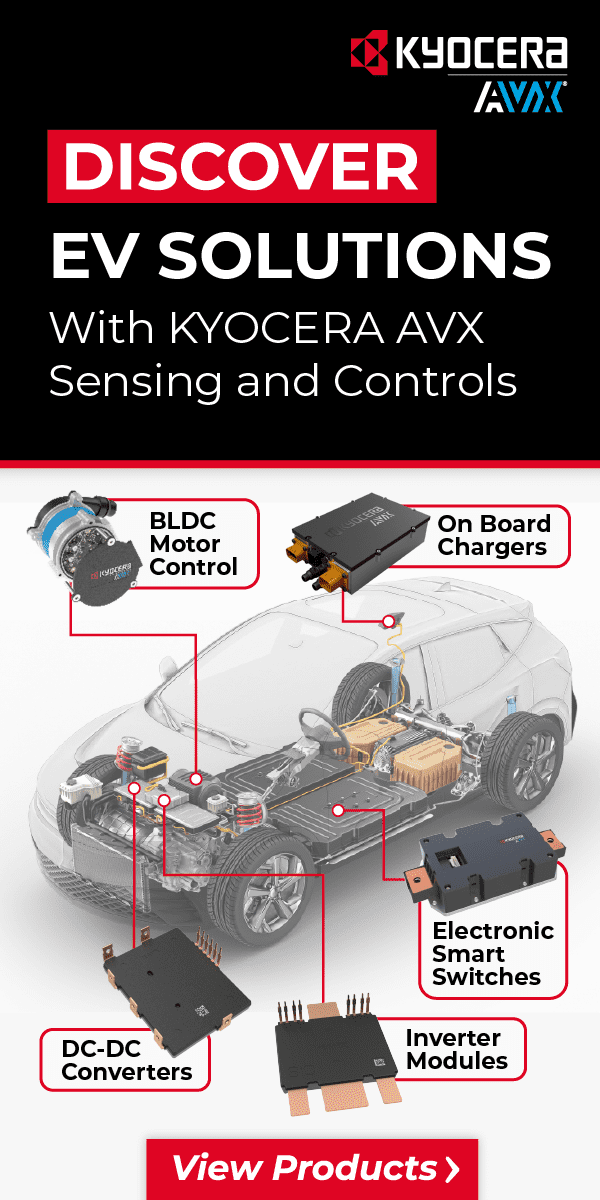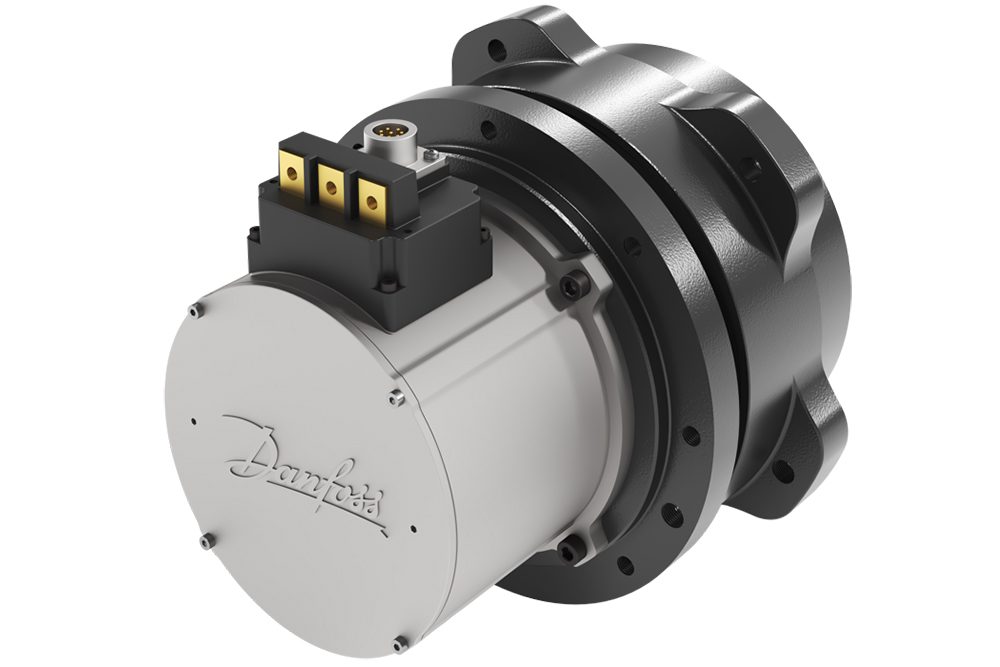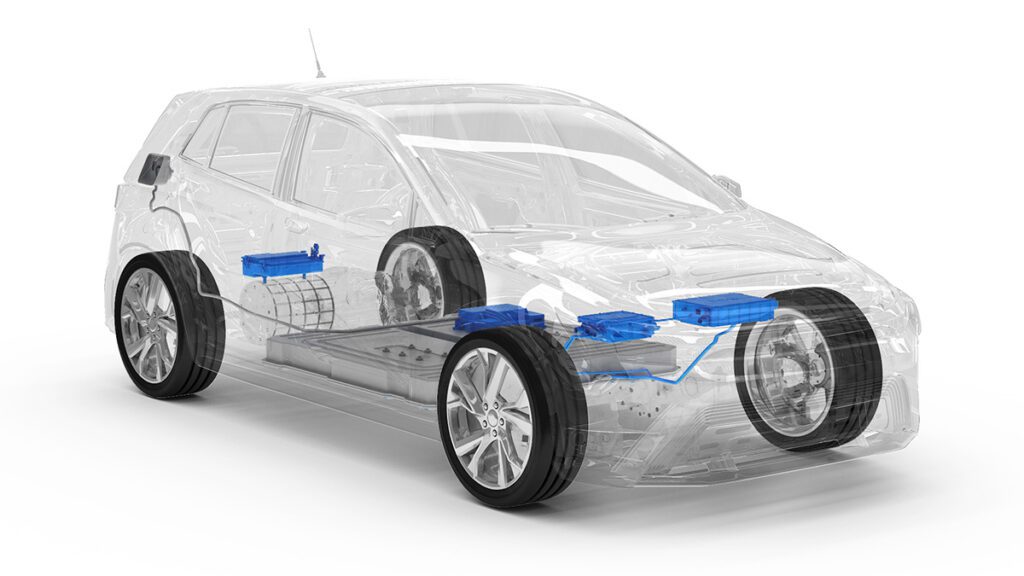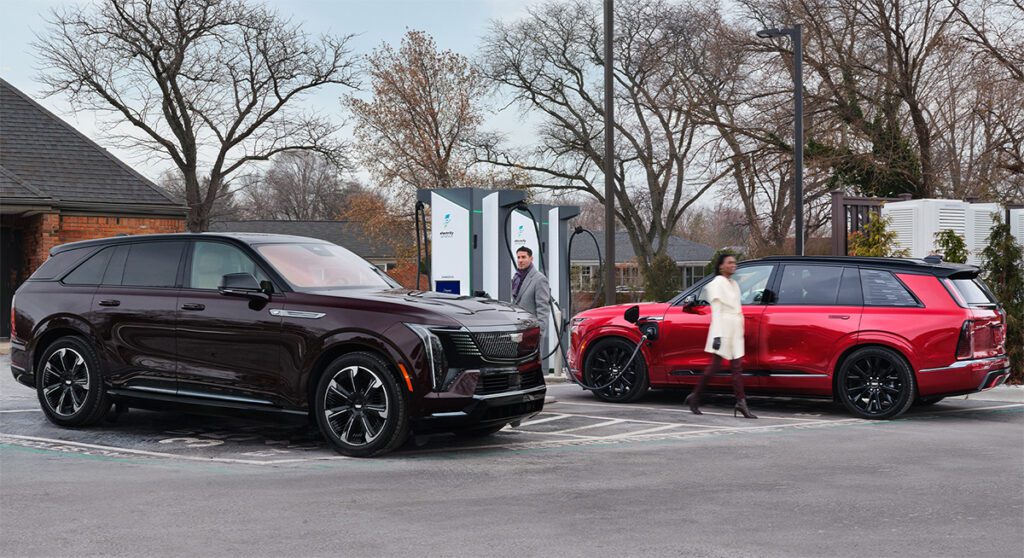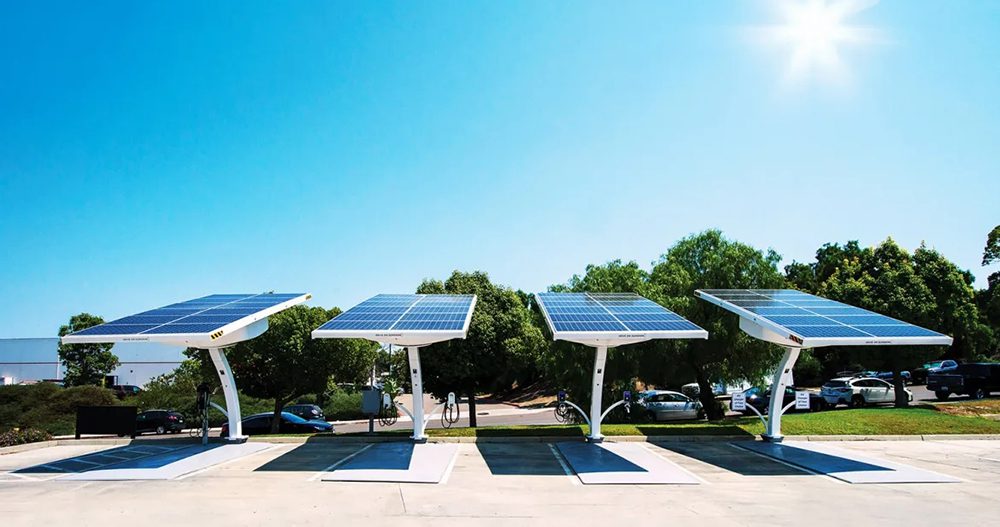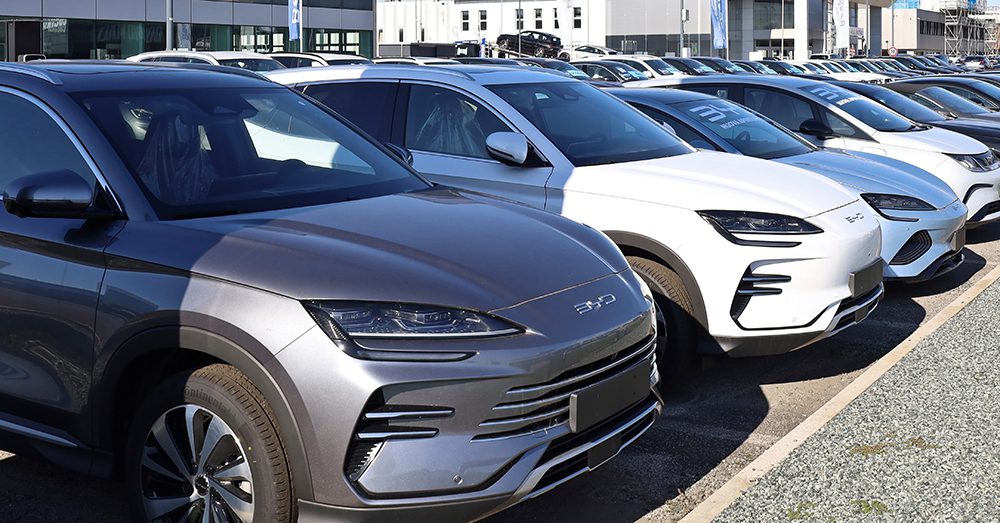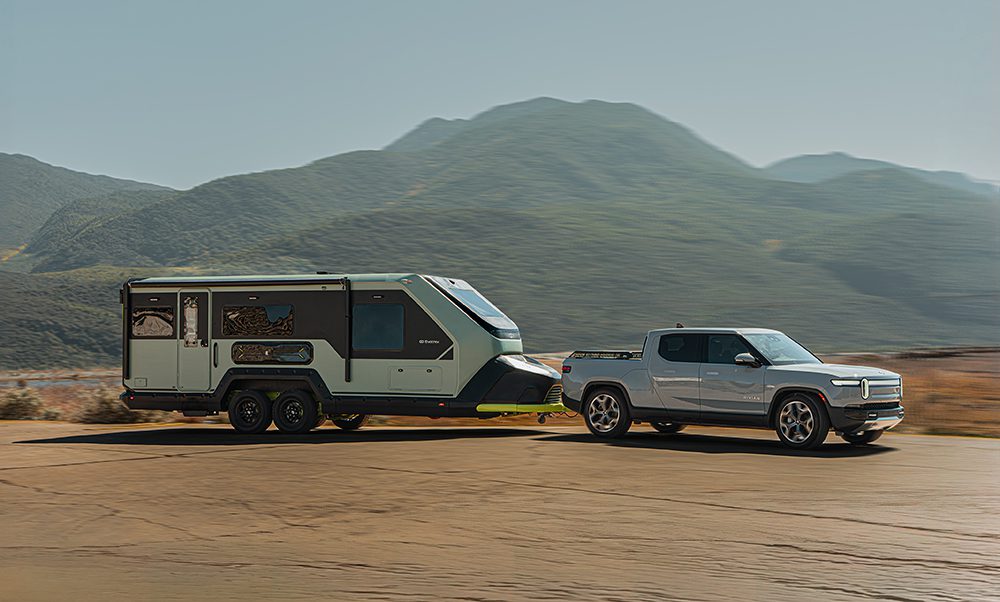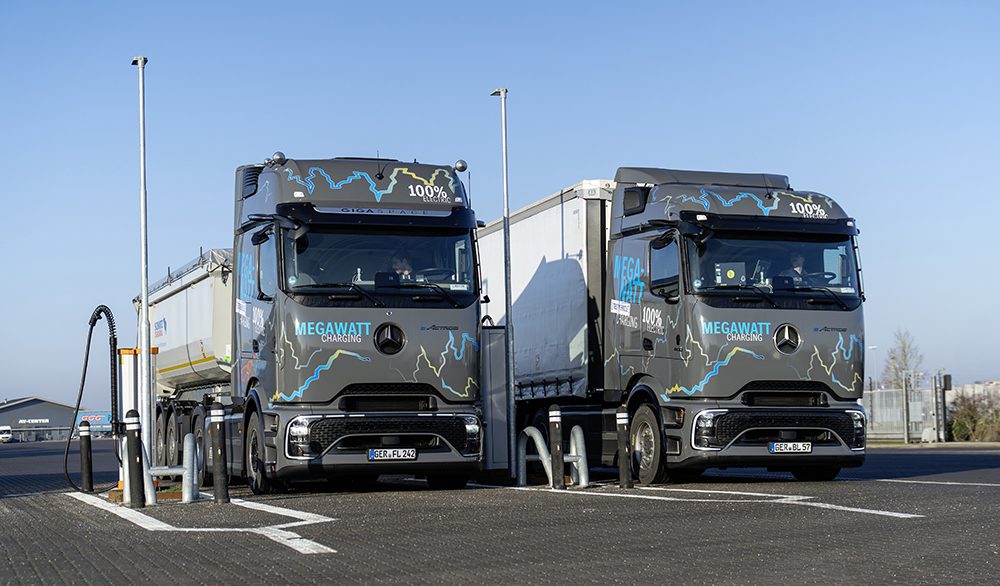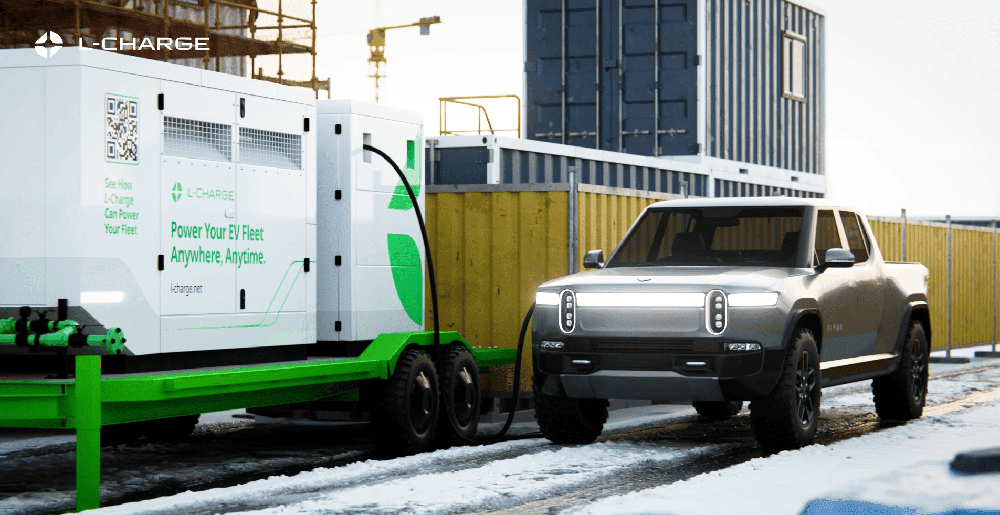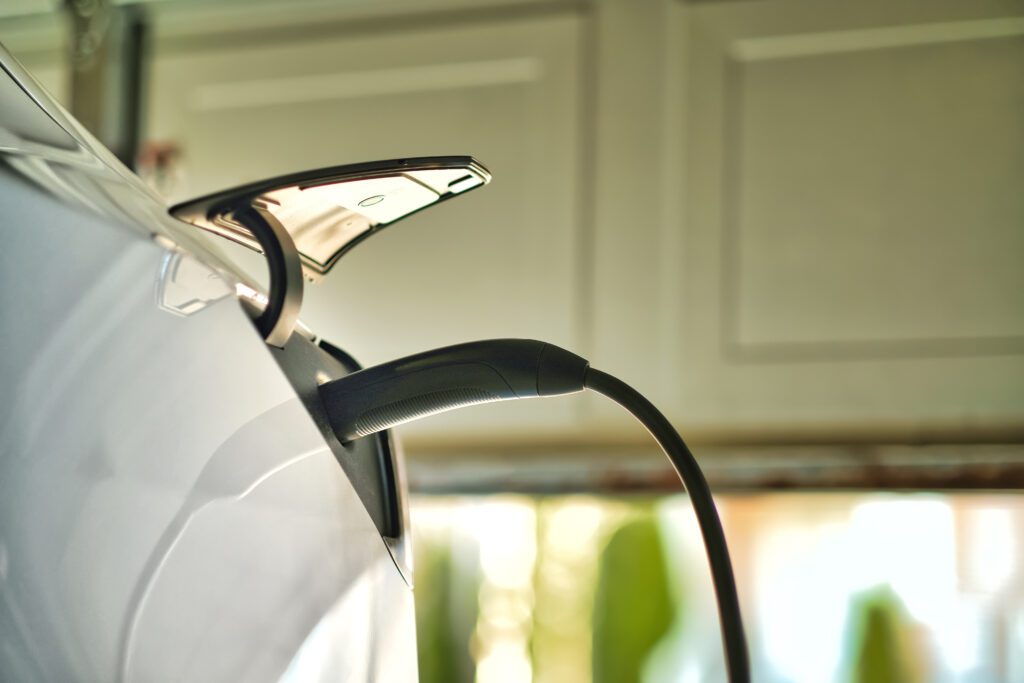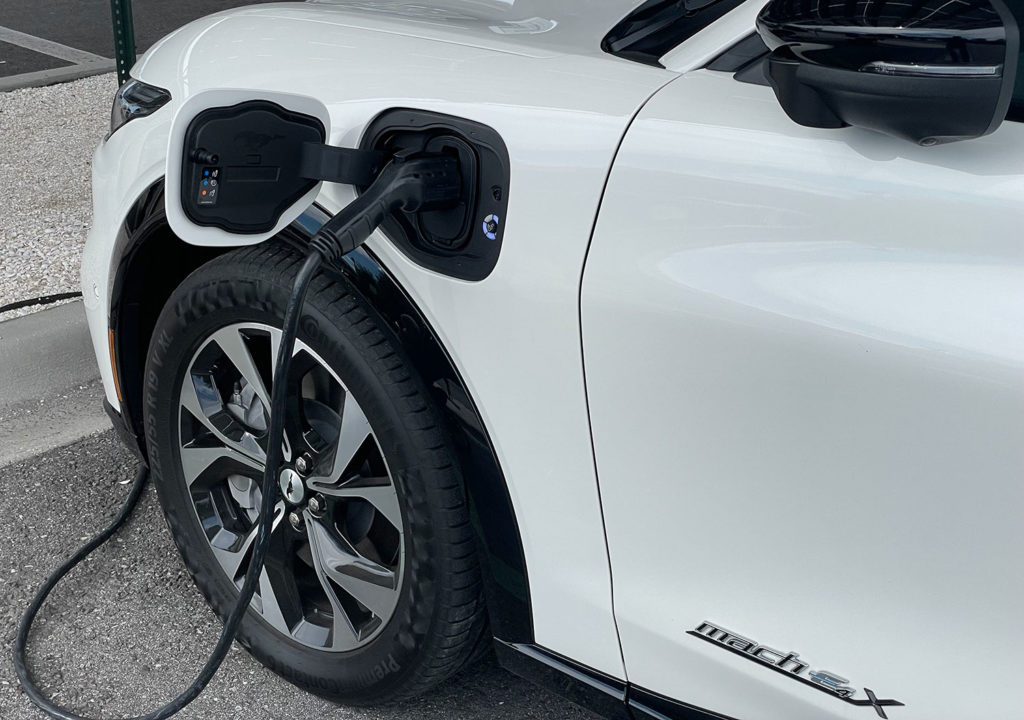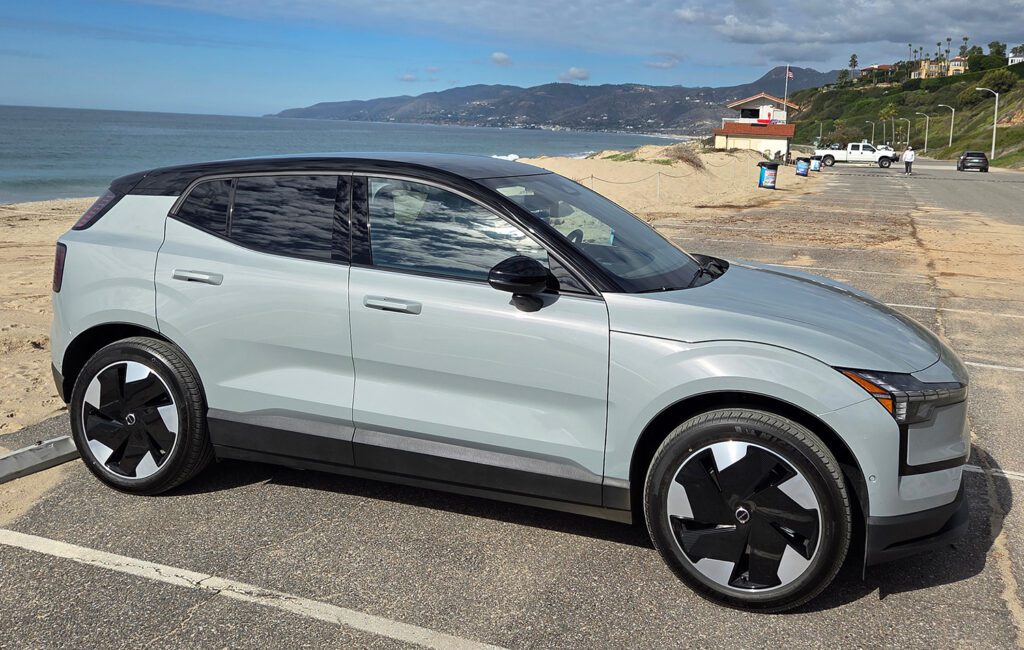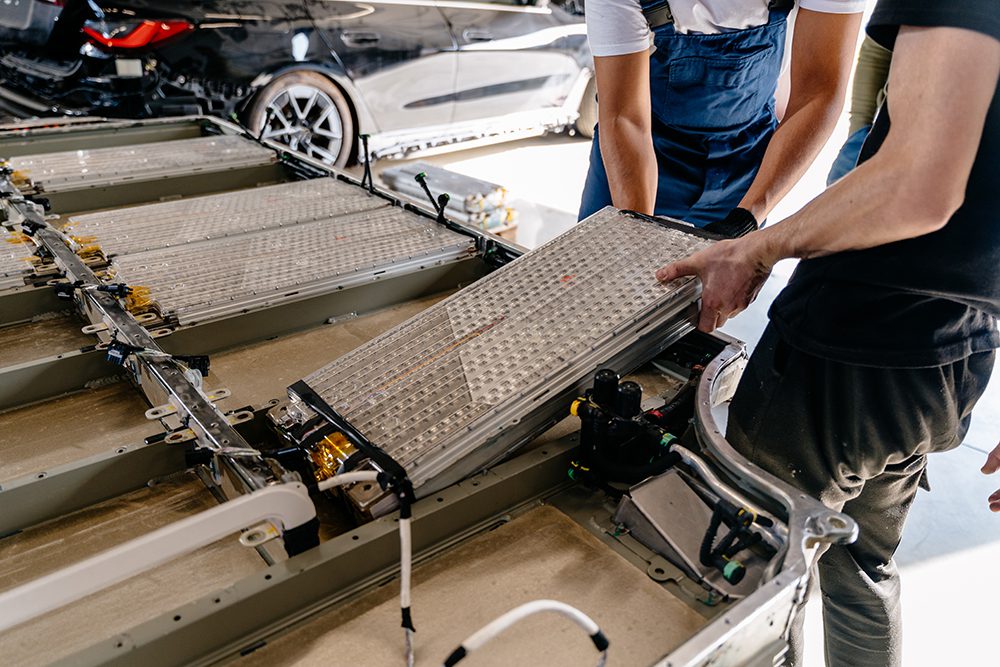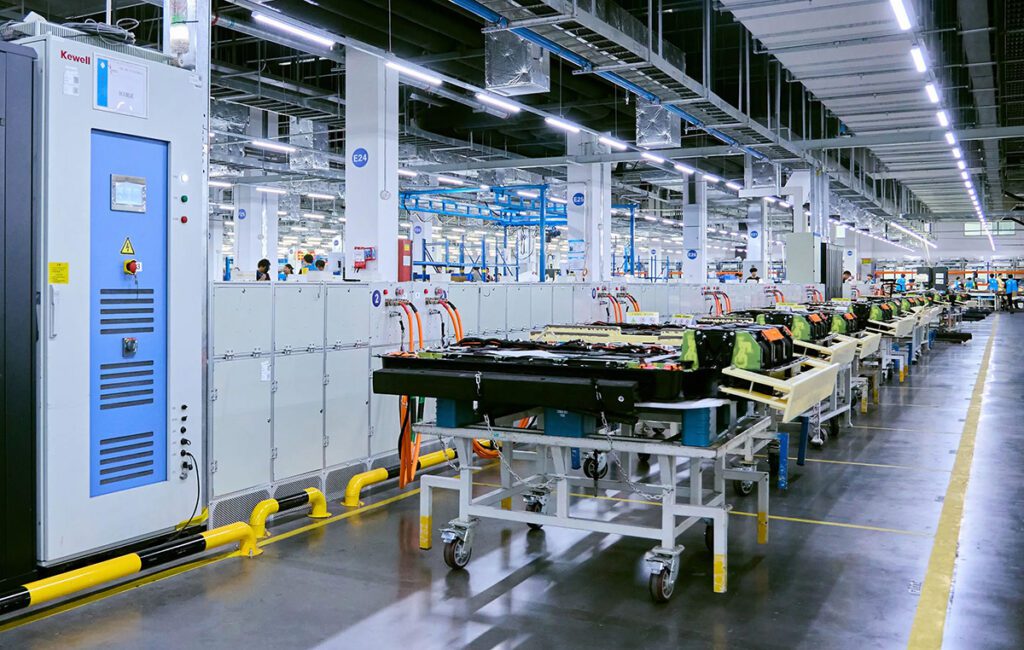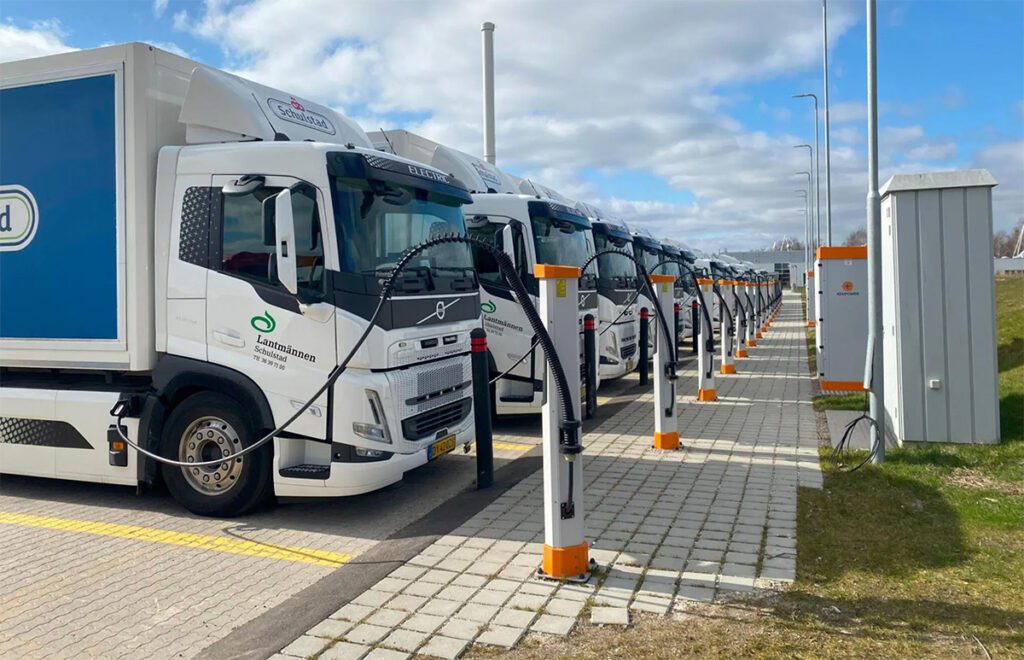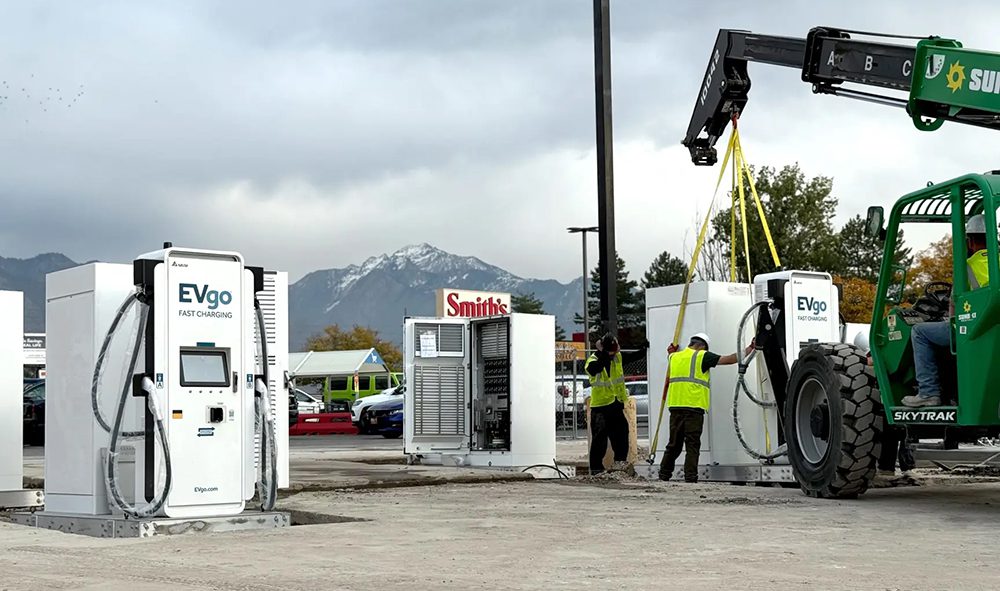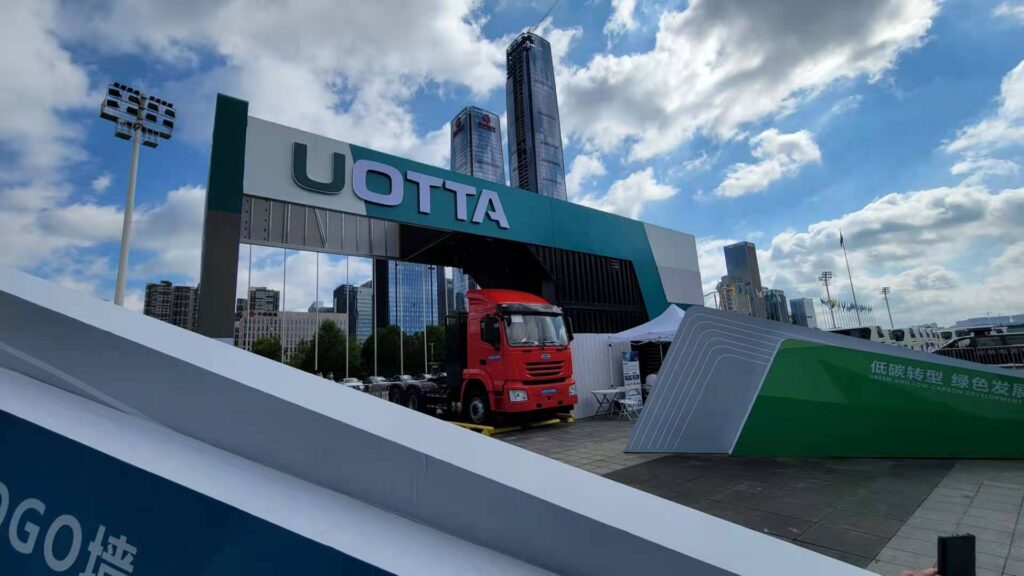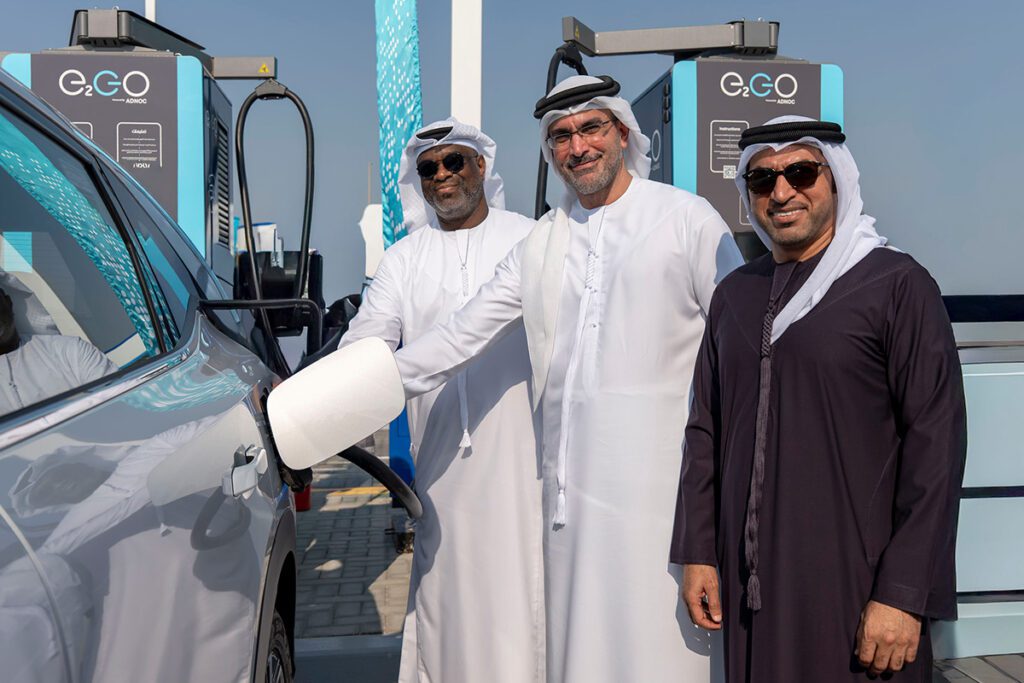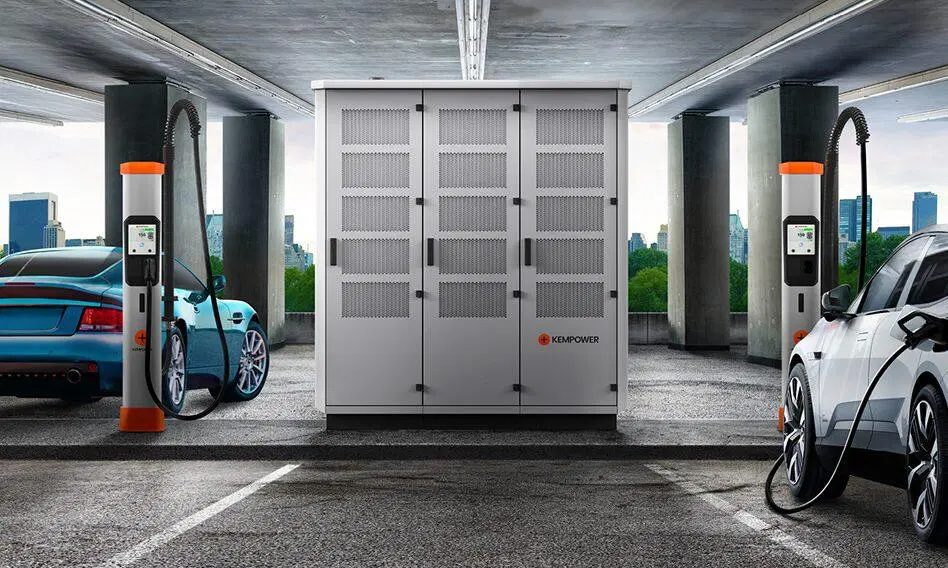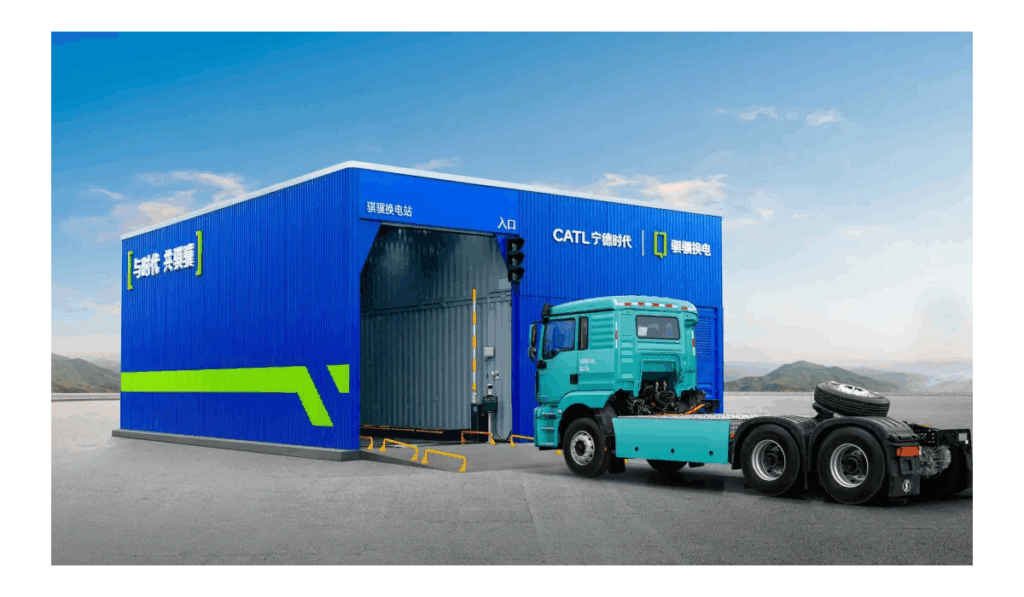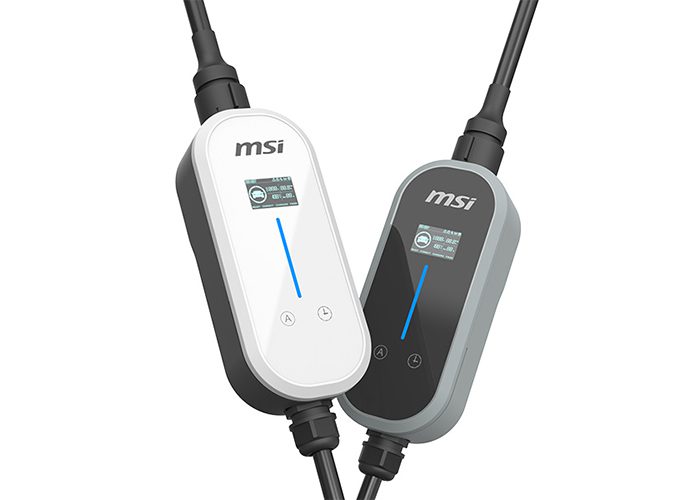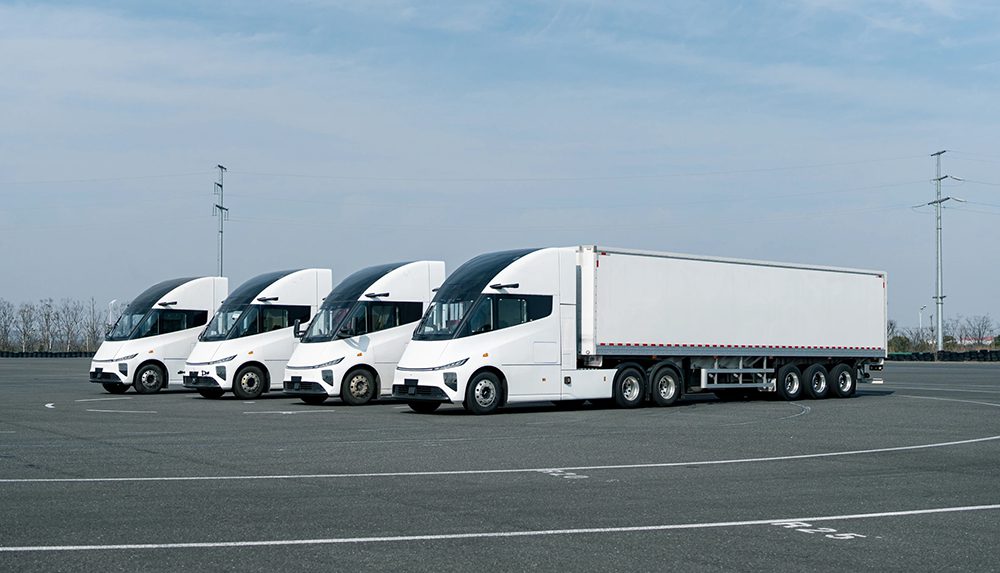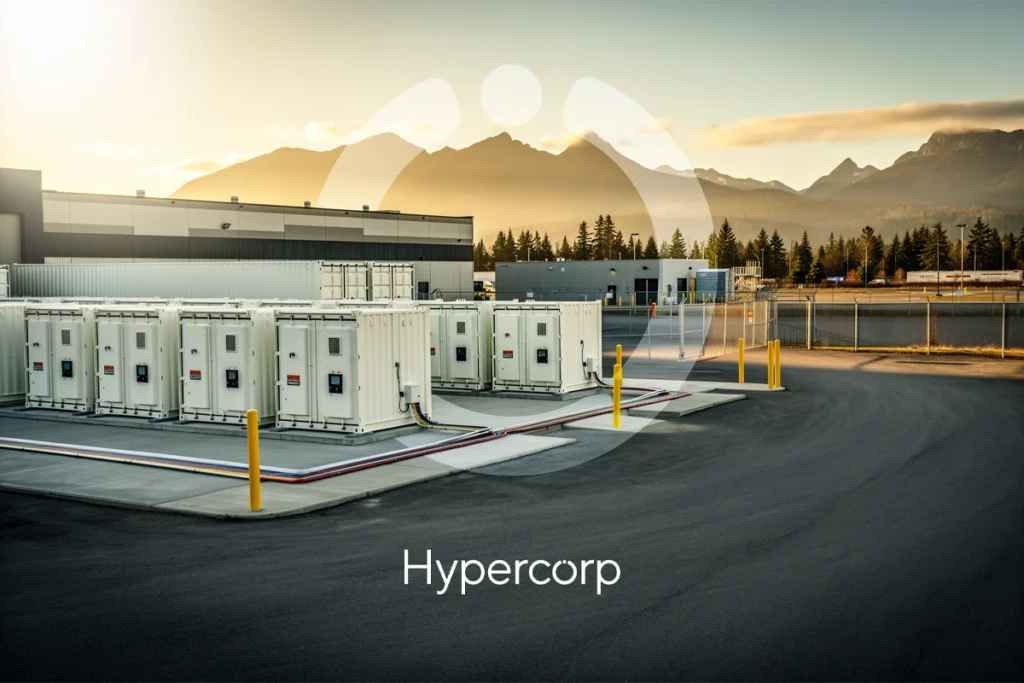The California Senate has passed the Charge Ahead California Initiative (SB 1275) by a bipartisan vote of 27-9. The bill increases the state’s already respectable consumer incentives with the goal of putting one million EVs on the road over the next decade, as well as making it easier for low- and moderate-income motorists to access clean transportation.
Key provisions of the legislation include:
- An extended and improved Clean Vehicle Rebate Project (CVRP). The CVRP currently provides buyers with a $2,500 rebate for zero-emission purchases, but has been limited by insufficient funds. SB 1275 would help secure funding for the CVRP on a long-term basis, but would reduce rebate levels over time as technology costs go down.
- Air Quality Improvement Plan grants to encourage fleet managers to replace polluting trucks, buses, and heavy-duty tractor-trailers with EVs.
- Measures to increase access to EVs in disadvantaged communities, including car sharing programs, charging stations in apartment complexes, access to financing options and incentives for the replacement of gas-guzzling “clunkers” with new or used EVs or vouchers for transit and car sharing.
“To clean up our dirty air, we need to make electric cars more accessible for our middle- and low-income families, not just the wealthy,” said Senator Kevin de León, the bill’s author.
Environmental groups lined up to praise the bill.
“The Charge Ahead California Initiative will electrify our state’s cars, trucks, and buses, improving access to a cleaner fuel that’s the cost equivalent of dollar-a-gallon gasoline, which is especially important for households that spend a disproportionate share of their income at the gas pump,” said Max Baumhefner of the Natural Resources Defense Council.
“Low-income communities of color near transportation corridors are disproportionately impacted by pollution from vehicles, and SB 1275 is a very important initiative in addressing this environmental justice issue and improving public health,” said Bahram Fazeli of Communities for a Better Environment.
“Getting more electric cars into garages and driveways is clearly important, but incentives to help fleet managers replace heavy-polluting trucks and buses with zero-emission vehicles is just as critical to cutting air pollution in cities,” said Bill Magavern, Policy Director for the Coalition for Clean Air.
“Californians shell out $70 billion on gas and diesel each year, $40 billion of which leaves the state in payments to the corporations and foreign countries that produce the oil,” said Vien Truong of the Greenlining Institute. “Transitioning to zero-emission transportation means keeping more transportation dollars – and jobs – right here in California.”
The bill now heads to the State Assembly for further review.
Source: Environment California
Image: Nicolas Raymond








